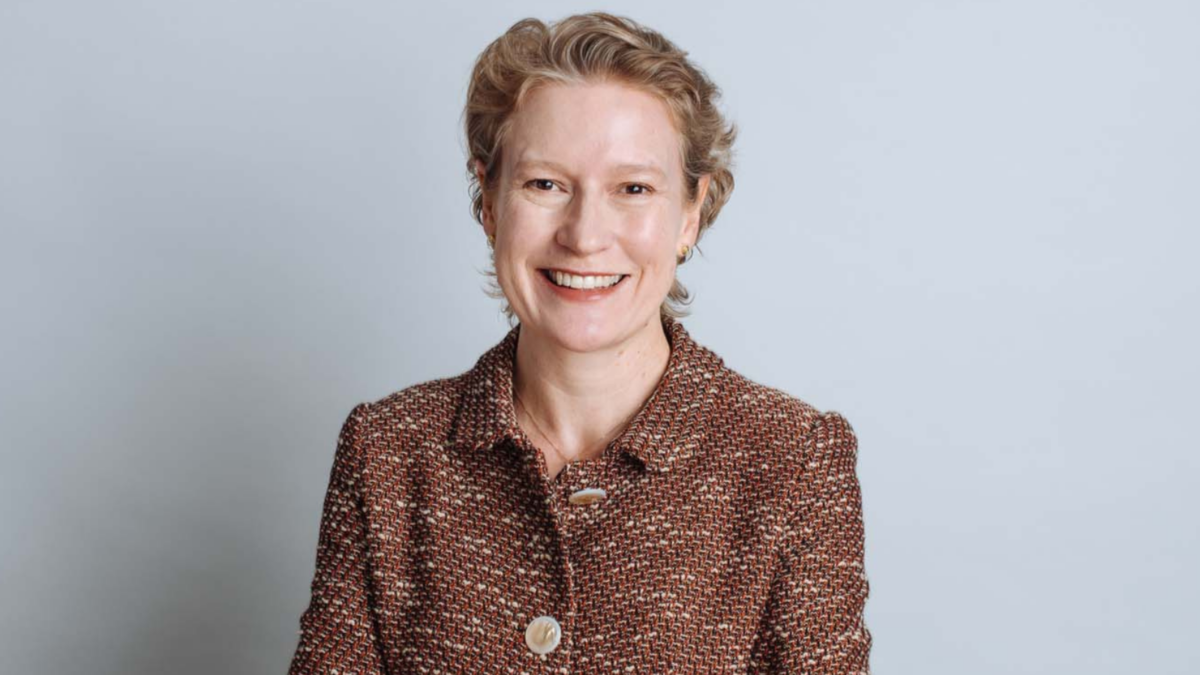The bright side of emerging markets doldrums
(pictured: James Donald)
For a value manager, it’s not all doom and gloom with emerging markets. Lazard’s James Donald says: “Emerging markets are probably the most unloved part of the world at the moment, but valuations are the best we’ve seen since 2008-2009.”
Donald is a managing director and head of the emerging markets group at Lazard Asset Management, a firm he has worked at for almost 20 years. He has about US$28.5 billion in the main emerging market equity strategy, which Australian retail investors have been able to tap into since 1997.
Susan Roberts, Lazard’s chief executive for Australia, said last week that the firm had not seen much of an outflow in Australia, despite the emerging markets doldrums. “A lot of the clients have been invested for quite a while and they understand the long-term nature of the fund,” she said.
The way Donald describes the situation is that momentum has been the main factor driving markets for the past few years. But, more recently, and for the first time in his experience, he says, the momentum-driven market is going down.
Up until early January at least, for the past couple of years the most expensive stocks in the market have been the best performing. These include the so-called FANGs (Facebook, Amazon, Netflix and Google), the consumer staples and healthcare.
He says that a lot of investors haven’t really looked at valuations for the past two-three years. “We try to explain the environment and what might change it,” Donald says. “What might now cause people to look at valuations?”
A stabilisation in commodity prices may help, by which he means an ‘L-shaped’ price curve rather than a bounce back to previous highs.
Donald says that the world “feels like” it’s in recession. “People feel uncomfortable and are wondering where’s the floor,” he says. One reason for this is that there has been an estimated US$2 trillion of oil capital investment cut from the global oil industry.
“But we’re staying where we have always been,” he says. “We’re buying inexpensive stocks and we’re looking at new opportunities.”
He thinks that for the notoriously cyclical emerging markets, the current environment feels most like 1988-89, when the Asian crisis was followed by crises in Russia and Brazil. But a positive today is that very few emerging markets have pegged exchange rates, unlike back then.
Asia has weathered the storm this time better than most, too, especially those Asian countries with technology industries and strong trade balances.
“Emerging markets are very interesting right now,” Donald says. “Overall, there is good value but there are still parts which are quite expensive, such as India and also Mexico… It’s a confusing area. People don’t understand why emerging markets have performed poorly versus the developed world.”









